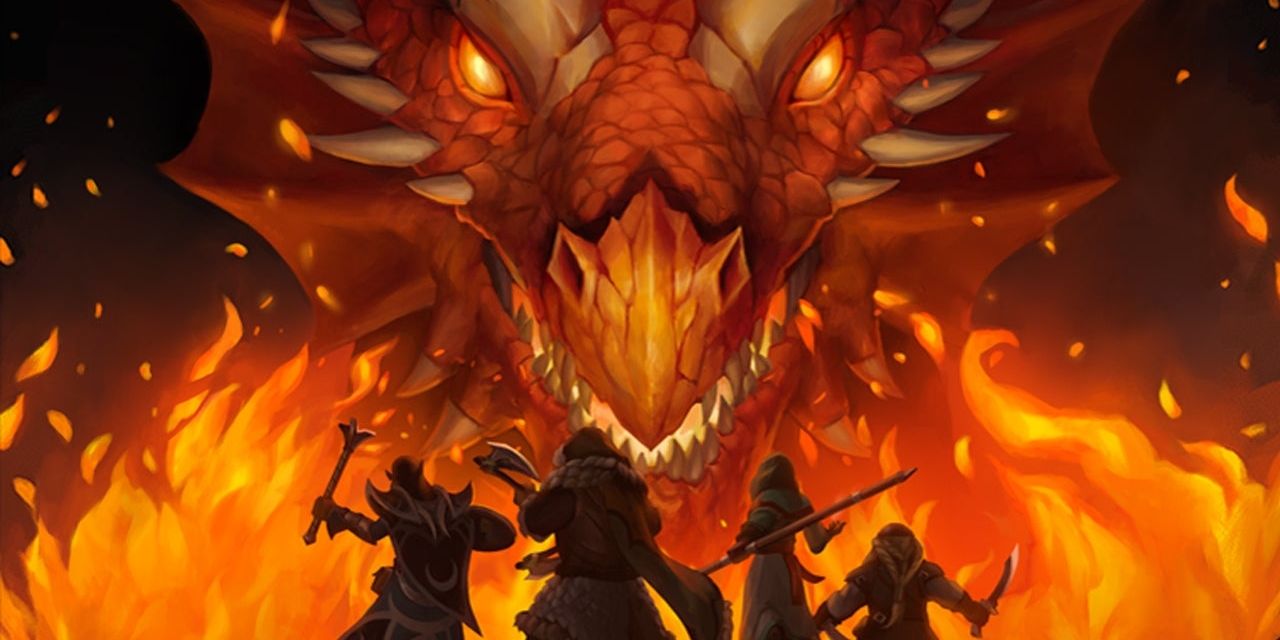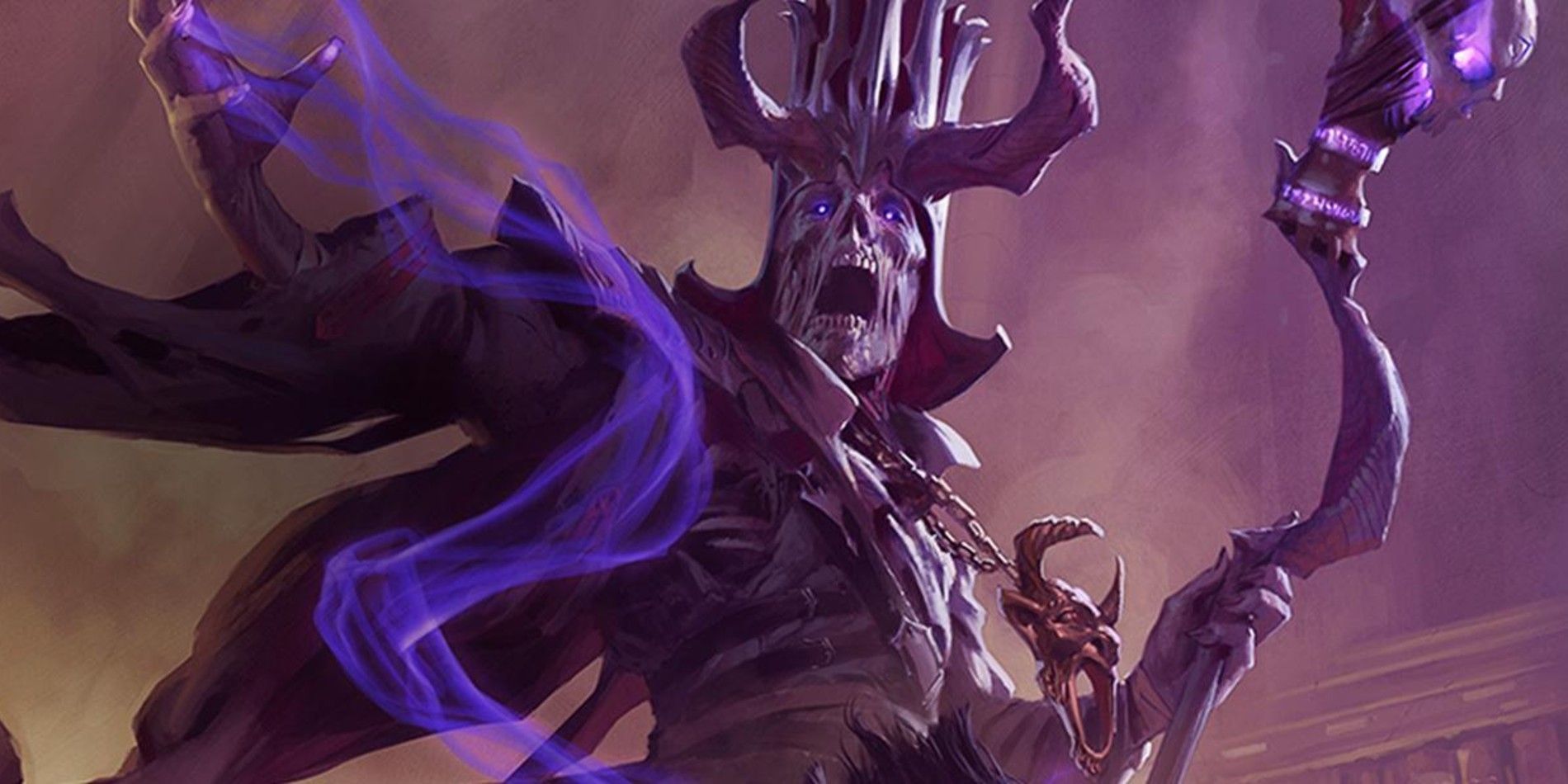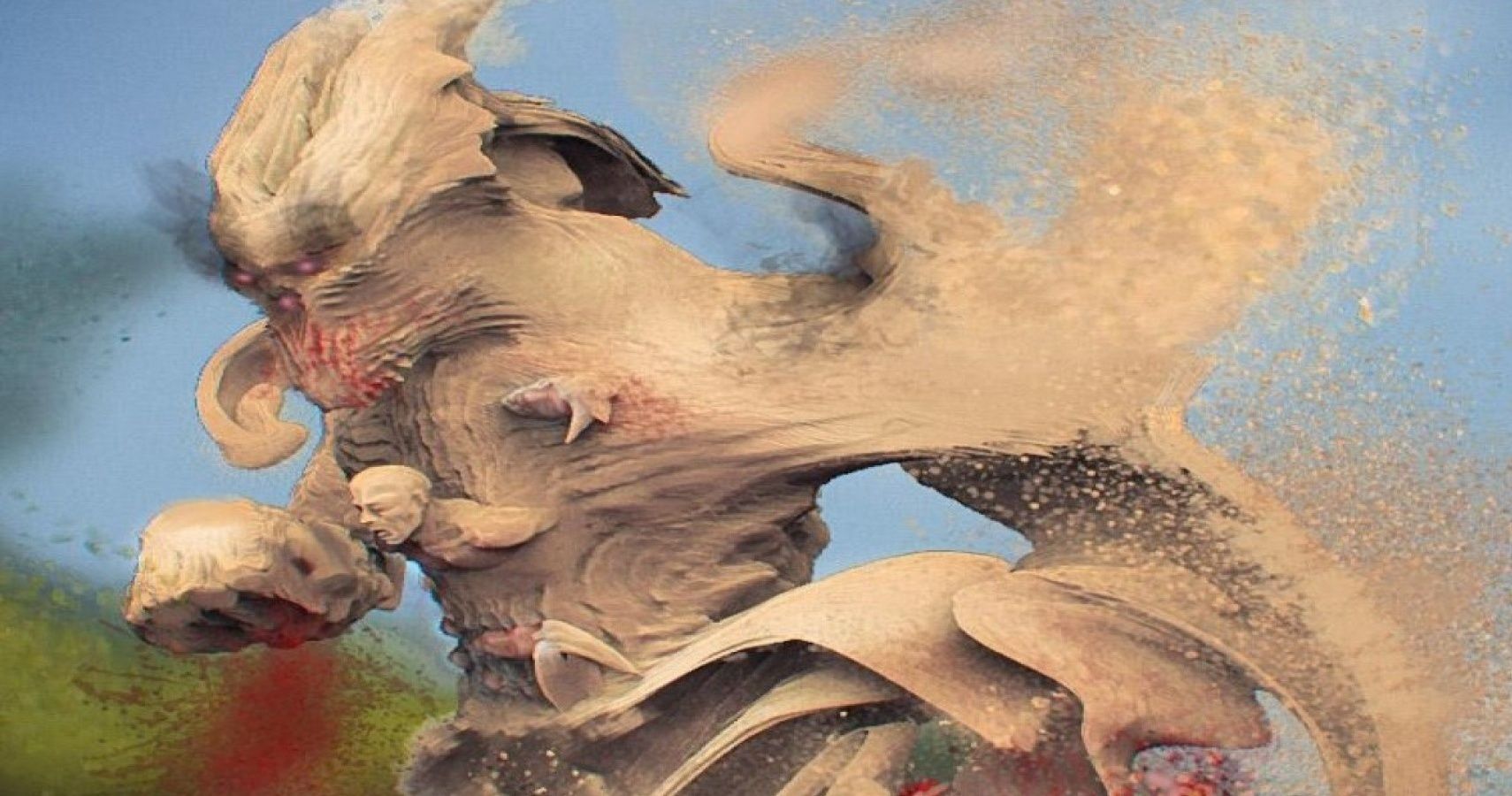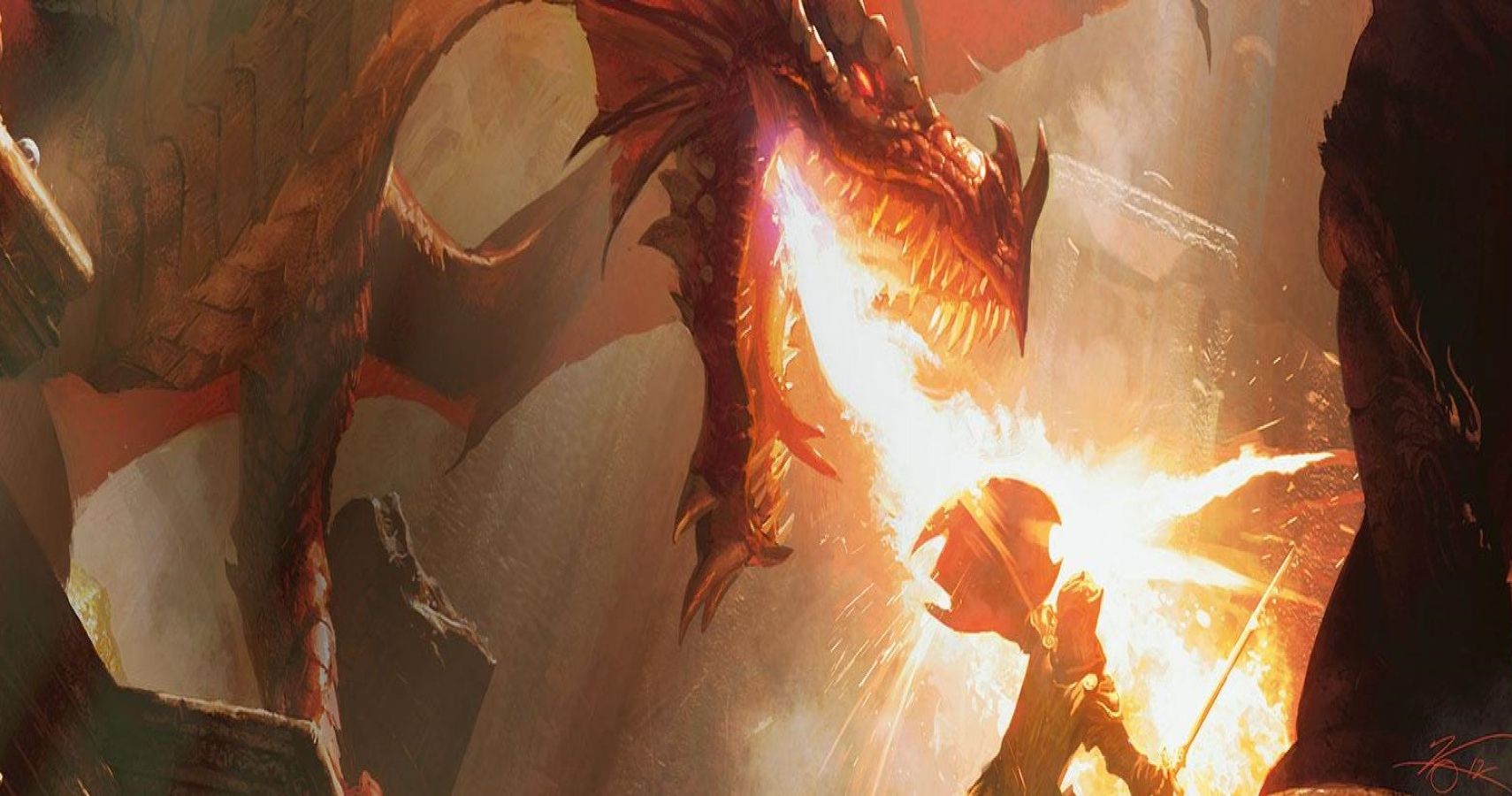Whether playing at a physical table or remotely through an app, Dungeons & Dragons and other tabletop games can be easily disrupted by chaotic players. Part of a Dungeon or Game Master's job is to set the tone of the table overall and to create space for everyone in the party to have a great time, which sometimes means dealing with these chaotic players in a way that's fair for all involved.
Here are some tips for dealing with disruptive, chaotic TTRPG players without bringing down an entire campaign.
Communication Is Key
From the jump, DMs need to establish clear and firm lines of communication with their players. Whether this is through a "Session Zero" where everyone builds characters and discusses goals, check-ins at the end of each session, a group chat, or some combination thereof, everyone should have the opportunity to discuss what they think is going well and what they think can be improved. At first, it may feel uncomfortable to offer or receive critique, especially in a friend group, but getting past that initial awkwardness is key to creating a safe space where players can get the most out of a campaign and have a great time.
Communication is the first line of defense to stopping chaotic or disruptive behavior. If a player does something that makes someone else uncomfortable or even just pulls too much focus during a session, this can be discussed right after the session, which allows the player to reflect and change their behavior accordingly before the next time a party meets.
Failure to communicate falls on everyone's shoulders, but especially the DM's. Because they occupy a leadership role, Dungeon Masters have to act as storyteller, manager and intermediary. This means establishing rules of play and solving conflicts, whether in- or out-of-character. It also means enforcing rules when they are broken and potentially having private conversations with particularly disruptive players about changing their behavior -- or even, if all else fails, asking them to leave.
Establish & Enforce Rules
A major way to curb disruptive behavior in D&D or other tabletop games is to establish rules. These should be in place before a campaign begins and should be agreed upon and understood by everyone in the party, including the DM and every single player.
Rules may be as simple as, "Don't talk over each other" or "Please put your phones on Do Not Disturb during sessions." Depending on the content of a campaign, rules may also include warning for potentially triggering content or the establishment of "safe words" that will end a session if a player is too uncomfortable to keep going.
Once rules are established, it is up to the DM to enforce them. This needs to be done across every session, for every player -- and if the DM breaks a rule, they should be called out for it, as well. There should be no favoritism in tabletop; everyone should receive warnings in the same way, for the same behavior, in order for everyone to be fairly treated and to feel safe.
Say "No"
Sometimes, even when communication flows and rules are followed, chaotic players will still disrupt D&D sessions in minor or major ways. If the aforementioned methods of curbing this behavior don't work, it may up to the DM to simply say, "No."
This may be literal -- as in, telling a player no, they cannot go off alone when the rest of the party is about to fight a dragon -- or it may extend to other, more specific language. DMs may have to tell chaotic players to stop pulling focus, to please be quiet, to stop leaving the table, to pay attention to what others are doing, or any other number of directives.
Unfortunately, some people are unaware of how their behavior affects others or simply unwilling to acknowledge how they might be creating conflict in a group. DMs may feel weird about telling their friends to change their behavior, but to run a successful, smooth campaign, they have to at least be willing to try.
Remove Them From the Party
If all else fails, DMs may need to ask chaotic, disruptive players to leave the party and stop participating in the campaign. Of course, this can be deeply uncomfortable and may even end friendships -- but ultimately, tabletop games involve heavy roleplay, teamwork, communication and empathy.
If someone can't get along with their fellow players, it may be best if they join a different party or take some time away from the game altogether to self-reflect.





